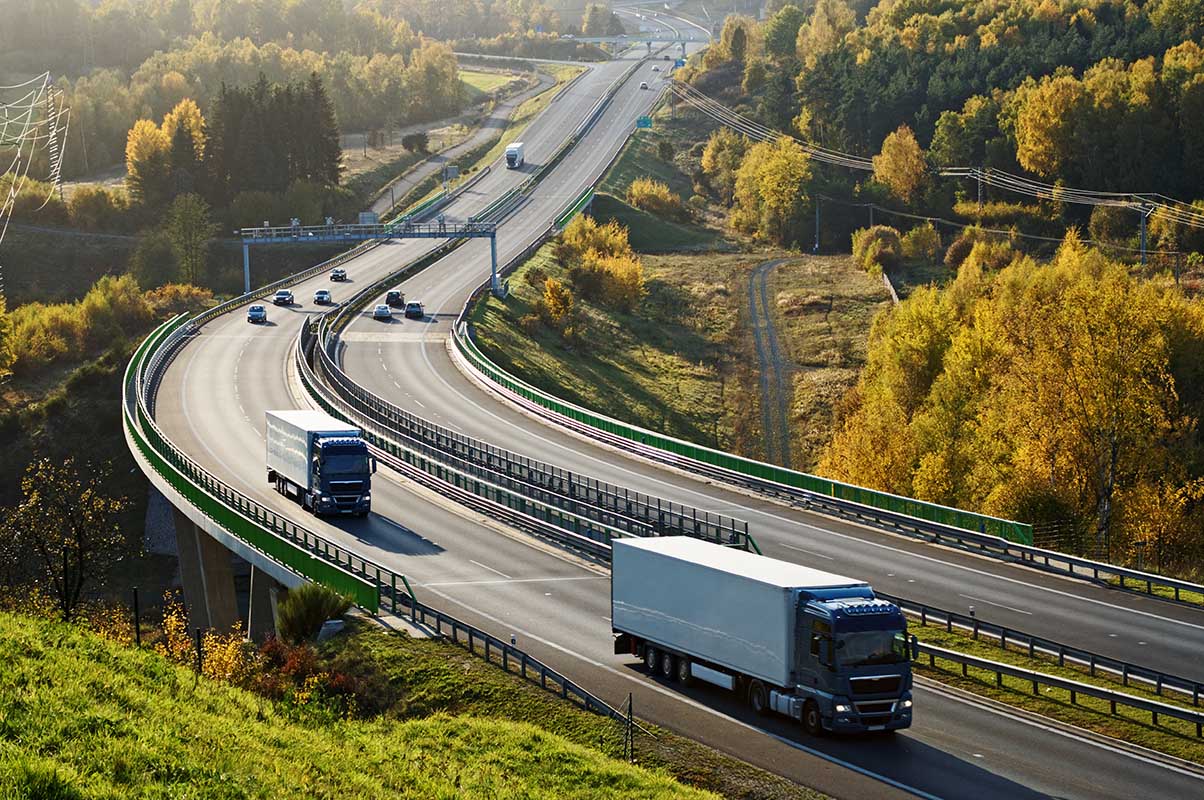
Colorado’s Circular Economy Development Center’s Circular Transportation Network is using a “milk run” model to allow small communities access to recycling end markets. | Milos Muller/Shutterstock
A project to give rural Colorado communities access to recycling is ready to begin running truck routes later this month.
The Circular Economy Development Center’s Circular Transportation Network brings together rail company BNSF, trucking company Front Range Transload, brokers and the City of Pueblo to aggregate recyclable materials, making it possible for small communities to access recycling end markets. Colorado has a low reported recycling access rate compared to the U.S. average.
The project operates on the “milk run” model, meaning a truck goes out full of products to its destination, then on the way back makes stops along a predetermined route to collect recyclables. It brings those materials back to Pueblo to be held until there’s a full load ready for market.
The towns don’t get paid for the commodities, but they also don’t have to pay to landfill them. The overall goal is for the commodity revenue to even out the cost of the transportation.
Susan Renaud, director of special projects, said in an interview that the team has been “plugging away on getting all of the pieces set up,” with a focus on two major areas: getting the aggregation site in Pueblo set up and putting together the back-end infrastructure to allow cities to sign up and submit pickup requests.
“Once they fill that out, we put them on a route with B. Kirkland Trucking, a sister company to Front Range Transload, and they’ll be able to pick up those materials as they are backhauling and take them back to Pueblo,” Renaud said.
So far, 13 communities and businesses have signed up, including some ski resorts. The trucks will carry forklifts, Renaud added, so places without loading docks can still be serviced. The CEDC is asking that communities wait to request pickup until they have about six supersacks, bales or gaylords of material.
“We’re getting close with a couple of the sites, but it just takes a while to aggregate that much material,” she said, adding that “so far everybody is in the mountains or a rural community – that’s really been our target.”
Front Range Transload is hosting the aggregation site and will have a soft opening in January, Renaud said. Notably, it will be collecting and accepting film and flexible plastics, as a company in Pueblo called Driven Plastics uses these items as an additive in asphalt.
“There is good access to recycling in certain parts of the state, but nobody really seems to have a lot of access to the film plastic, so that has been really interesting to watch the interest in that,” Renaud said. “That’s been the star of the show so far.”
The CEDC team is also working on the best way to track the materials it collects. Another challenge has been helping communities set up collection systems.
“The CTN can pick up the material, but there’s also a piece missing in there with the communities figuring out how to aggregate the material,” she said, adding that “we’re figuring out how we can help.”
This project is supported by a fund the state created in 2019 to channel landfill fees into the Front Range Waste Diversion Enterprise Grant Program. That fund now generates about $13 million a year, and the Circular Transportation Network is just one of several projects the funding supports.
The network is independent of Colorado’s extended producer responsibility law for paper and packaging, which will come online in 2026, but Renaud said the data the project collects will likely be useful to the EPR program, which is tasked with providing recycling access to communities across the state.
“I’m sure there will be much more interplay in the future” between the two systems, Renaud said.
More stories about collection
- WM adds PP and paper cups to curbside recycling lists
- Weak bale pricing compounds hauler headwinds
- Colorado $10m grant fuels new MRF on state’s Western Slope

